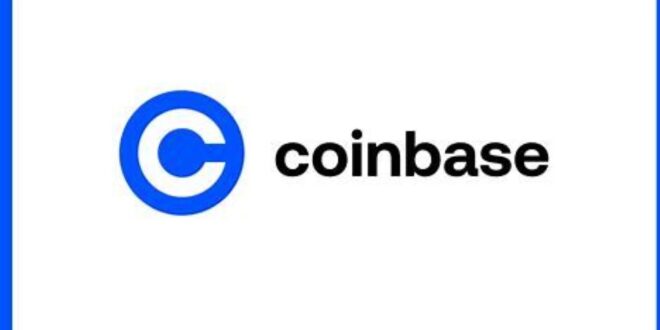A brewing regulatory battle is heating up as four U.S. states have effectively blocked $90 million in staking rewards from reaching Coinbase users, igniting debate over the legality and future of crypto staking services across the country.
The impacted states—New York, California, Texas, and New Jersey—have either restricted or outright banned certain crypto staking services, citing concerns around securities violations, consumer protection, and regulatory oversight.
What’s at Stake?
Crypto staking allows users to earn passive income by locking up digital assets to help secure proof-of-stake blockchains like Ethereum. Through platforms like Coinbase, users can participate in staking without directly interacting with complex validator infrastructure.
But regulators in these four states argue that such services may constitute unregistered securities offerings, a stance Coinbase has long disputed.
As a result, Coinbase was forced to halt staking reward payouts to users in these jurisdictions, leaving tens of thousands of customers without access to millions in accrued earnings.
Regulatory Red Tape or Overreach?
Coinbase has pushed back hard, calling the move “a misguided crackdown that harms everyday investors.” In a public statement, the company said, “Staking is not a security. It’s a critical part of blockchain innovation and a tool for individual economic empowerment.”
The clash highlights the lack of regulatory clarity in the U.S., where federal and state agencies continue to offer conflicting interpretations of what constitutes a security in the crypto world.
Why These States?
The four states involved are known for taking an aggressive stance on crypto regulation, especially when it comes to centralized platforms offering financial services. Several have ongoing investigations or lawsuits involving crypto firms, including Coinbase and other major exchanges.
Legal analysts warn that if more states follow suit, the future of staking in the U.S. could be fractured, with rules varying wildly across state lines.
Coinbase has indicated it may challenge the decision in court, potentially setting the stage for a broader legal battle that could determine how staking is regulated nationwide. Meanwhile, crypto advocates are calling on Congress to deliver clear federal guidelines to prevent a patchwork of rules from stifling innovation.
As the debate rages on, one thing is clear: this clash is more than just a regulatory dispute—it’s a referendum on the future of decentralized finance in the United States.
 Business Sandesh Indian Newspaper | Articles | Opinion Pieces | Research Studies | Findings & News | Sandesh News
Business Sandesh Indian Newspaper | Articles | Opinion Pieces | Research Studies | Findings & News | Sandesh News



